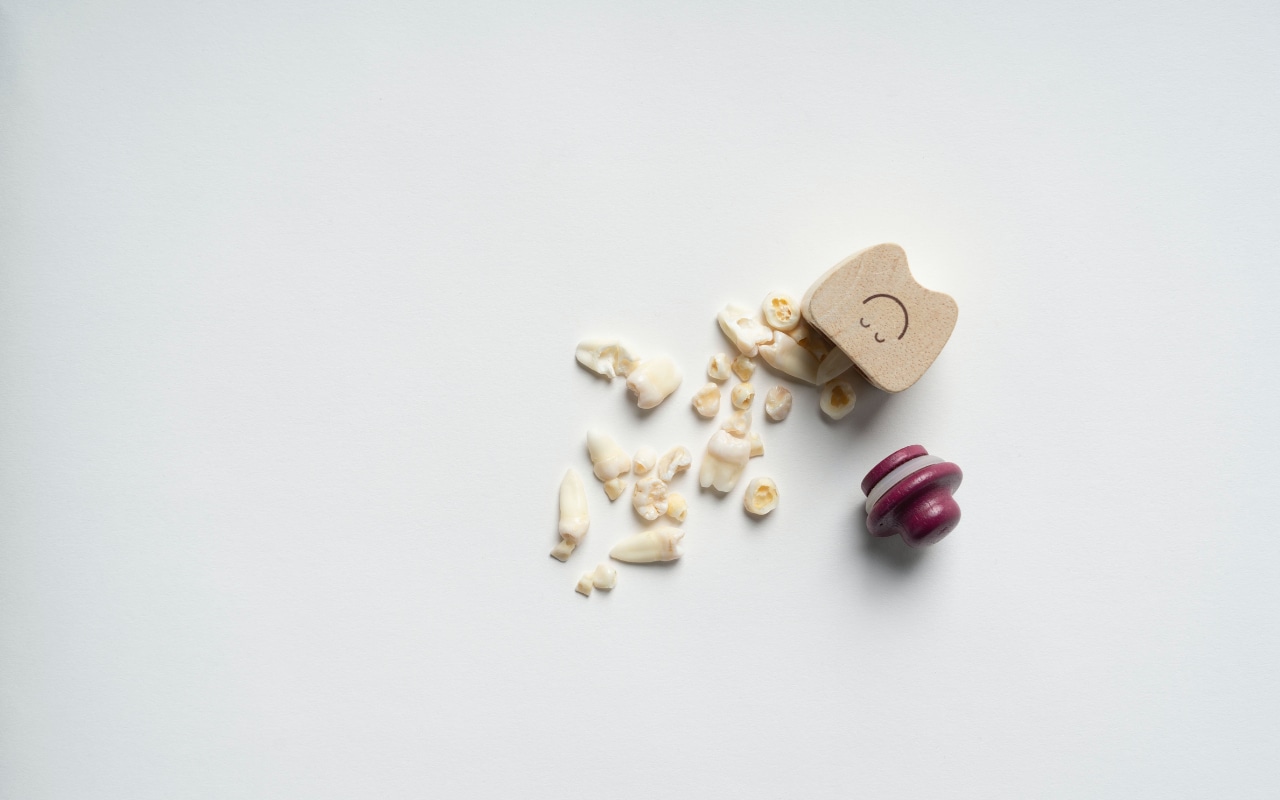Celebrate Tooth Fairy Day
Celebrating National Tooth Fairy Day With Your Child
August 22nd is National Tooth Fairy Day. It only happens twice a year, so mark your calendars for February 28th. We’re a dental clinic, so we get the amazing sense of excitement that occurs when a child loses their teeth. That’s why our dentist in Lexington KY is excited to celebrate Tooth Fairy Day.
As parents, you know that the Tooth Fairy has upped her ante in many households over the previous few decades, so you may now have some pretty high expectations to satisfy. Don’t worry; Dr. Kim, the best dentist in Lexington KY, is not here to tell you to empty your pocketbook. As follows, we’re going to give some tips on how you can aid your kids from the minute they notice their first loose tooth to the moment it falls out. Additionally, we’ll discuss what to do to commemorate this rite of passage.
The First Stage: The Loose Tooth
Most children will have their first loose tooth around the age of six, and their baby teeth will generally come out by the age of twelve. Dr. Jinyoung Kim explains what causes a tooth to loosen in the first place. As previously said, we are born with baby teeth that, like the rest of our bodies, go through developmental changes to provide us with a permanent set of stronger and more suitable human needs. When a tooth breaks loose on its own, it implies that bone cells are breaking apart the root to make place for the permanent tooth.
Naturally, the sensation of a loose tooth is novel for children, and it might be perplexing and strange for first-timers. We got with our friends over at Bookcliff Family Dental, dentist in Grand Junction CO, to come up with some pointers to help you prepare your child for what to expect when they have a loose tooth:
Use child-friendly literature: We’re talking about classics. The more you expose your youngster to pertinent facts, the less worried and anxious they will be about the event.
Do not try to force it out.
Remind your youngster that the tooth will fall out naturally (in most circumstances) when it is ready. Avoid tugging or extracting since it may need an unnecessary visit to our office. We don’t want to see you because we don’t want to see you, but there are methods to save yourself a trip.
Have your child expect the blood.
Tell your child that there may be some blood when the tooth falls out and that this is normal and to be expected.
Apply a cold compress.
Loose teeth can be painful, especially if you’ve never felt one before. If your child displays pain or soreness, apply a cold compress to numb the area and provide relief. Over-the-counter medications such as Children’s Tylenol may help provide relief from discomfort.
Keep the area clean.
It might be difficult to brush or floss regularly with a loose tooth, so we recommend doing your best to assist your child in keeping the area clean. Swish warm water around in your mouth to eliminate debris from the loose tooth and aid in the reduction of bacterial accumulation.
Phase 2: When Loose Becomes Lost
You’re all set, Tooth Fairy. It is now your turn to shine. You’ve walked in your child’s shoes, and now it’s time for you to go through your rite of passage.
Here’s some guidance from us:
Clear your calendar
Make sure you’re available, or at least on call so that you can join your youngster on this beautiful adventure (unbeknownst to them).
What to leave behind: To mark this event, tradition strongly dictates that you give your child some cold, hard cash. Of course, the quantity is entirely up to you, but $1 is still a strong currency in our group. We’d also suggest getting your child a new toothbrush and a fresh, new tube of personal toothpaste. It’s an excellent opportunity to “subtly” promote proper dental hygiene habits.
How to Keep the Surprise a Secret: Let’s face it: going beneath the pillow while your child is already asleep and without waking them up is a skill. You’re not quite there yet; more practice is required. Could we suggest a little replacement cushion for a bedside table? You could even decorate it with the date of your child’s first tooth loss and anything else unique to or meaningful of your child.
Keeping things in good condition
Children are amusing since they usually desire to preserve and keep their teeth. Or maybe it’s you who wants to; there’s no judgment here. Additionally, we recommend that you prepare a separate tooth bag or box for your youngster to hide their treasures in.
Phase 3: Have Fun, But Keep Your Boundaries
…so you don’t start with something so fantastic that your youngster expects an extravagant celebration every time. We agree that it’s a huge event, but it’s also an excellent opportunity to incorporate some kind of instructional component.
As follows, are some fun and instructive ways to help your youngster celebrate:
A reason for the family night: “Tooth Fairy” is a family-friendly film that fits the theme and can even earn you some quality time with your loved ones. Of course, if you can get away with it, we recommend serving up some healthful delights like crispy veggies instead of popcorn.
Make a thank-you note: Suggest that your child develops the habit of sending a message for the Tooth Fairy, expressing gratitude and appreciation for the bounty received or outlining how to take good care of your teeth. Any opportunity to make a short reference to dental hygiene is a plus!
Get creative: If your child enjoys drawing, painting, or any other expressive or artistic skill, take advantage of the opportunity to encourage them to take a picture, cartoon, or piece of art that symbolizes their first Tooth Fairy encounter.
Have Fun
We hope you can use these tips and tricks to have a wonderful time celebrating this special day with your child. Additionally, please let us know how you plan to celebrate tooth fairy day on social media. We’d love to hear from you. Interested in an appointment? Contact our Lexington KY dentist today.










